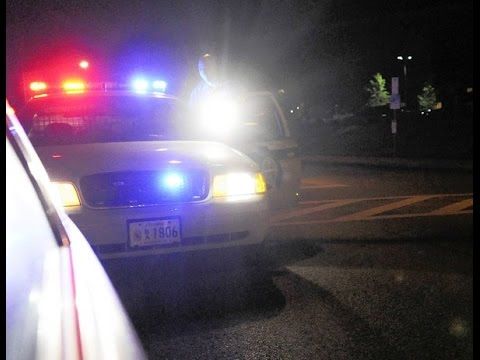
I Left the Bar, Got Pulled Over, Now What?
Officers would have you believe that you are required to submit to Standardized Field Sobriety Testing (SFSTs) under Texas’ implied consent laws. Texas implied consent laws, however, are still trumped by the United States Constitution. This means that your 4th Amendment rights against unreasonable search and seizure still apply on the side of the road after leaving the local bar.
Defense attorneys have long argued that the SFSTs are “junk science” because they have never been peer reviewed. The National Highway Traffic and Safety Administration (NHTSA) has attempted to validate these tests in certain studies like the California study: The Robustness of the Horizontal Gaze Nystagmus. However, these studies confirm that the battery of exams you will be asked to perform produce significant false-positive results.
The reality is that these tests are designed to be inherently confusing and hard to pass. Each is what is categorically described as a divided attention test, meaning you have to focus on more than one thing at a time. Officers are looking for you to provide a certain number of mistakes or “clues” on each of the 3 tests. You will not be aware of what the officer is looking for or how to avoid making these mistakes. What’s more, you are judged by an officer who is in fact a human and subject to error. Performance of these tests, more often than not, leads only to a night in jail.
The better course of action, when asked to perform any test is to respectfully refuse. The officers may tell you that if you refuse to submit to testing your license will be suspended and the penalties will be more severe than if you submit to the tests. While this is true, the reality is that if you are convicted of DWI in Texas, your license will be suspended anyway. Submitting to testing is only helping the officer and the State of Texas build a case against you for DWI.
The penalty for refusing to take the tests is a 180 day license suspension. If you submit to testing and are arrested for DWI, your license will be suspended for 90 days for a DWI 1st. The difference is, you will likely have more leverage and ability to fight the charge by having refused the tests. Further, the officer will have less information upon which to seek a warrant for your blood. (What probable cause will he have other than a traffic infraction and possibly the smell of alcohol?)
In short, refusal will not keep you out of jail. In fact, there is a good chance you will be arrested; but there is a better chance you will beat the charge on insufficient evidence.
Categories


